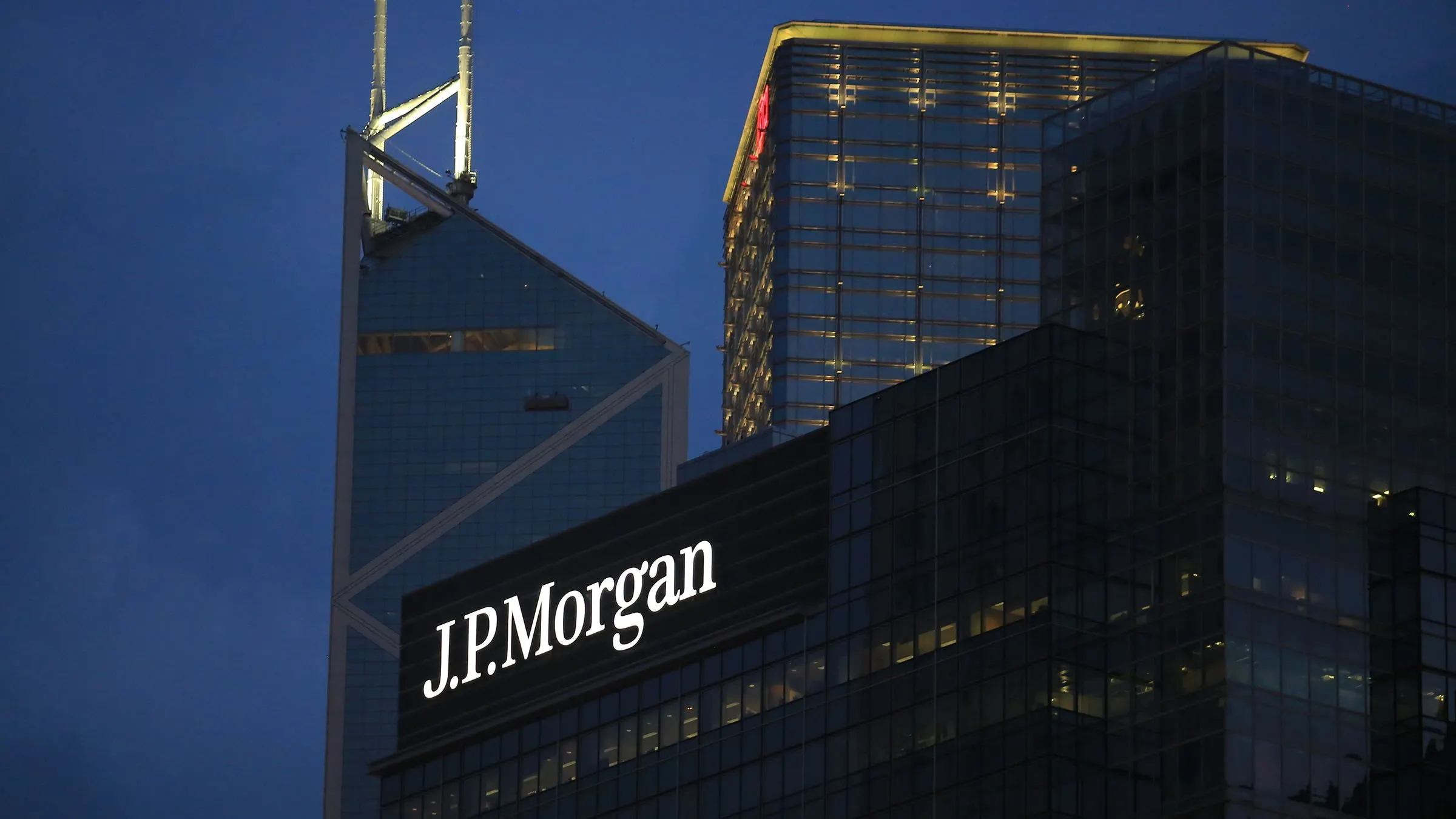Bitcoin miners will face headwinds as the hash rate reaches new record highs ahead of the upcoming halving event next spring, with volatile electricity costs and competition among miners pushing up the cost of production, according to analysts at global financial giant JP Morgan.
Hash rate refers to the computational power used to mine a cryptocurrency. The halving event, which occurs roughly every four years, will reduce miners' rewards by half.
"The upcoming bitcoin halving event in April/May 2024 could be a stress test for Bitcoin miners," writes JP Morgan analyst Nikolaos Panigirtzoglou and colleagues in the firm's latest Flows and Liquidity report, which the firm shared with Decrypt.
"[It] would reduce the issuance rewards from 6.25 to 3.125 BTC, implying a reduction in miners’ revenue, effectively increasing Bitcoin’s production cost at the same time," the report explains. "As a result, while Bitcoin halving is seen as having a positive effect on the bitcoin price given the production cost acted historically as a floor, it poses a challenge for bitcoin miners."
According to the analysis, and based on a global average cost of electricity of $0.05/kWh, it costs around $20,000 to mine a Bitcoin, which is currently worth around $30,000, per CoinGecko. But JP Morgan said the volatility of the hash rate points to the use of a variety of energy sources, meaning miners with access to lower-priced power have an advantage.
In fact, the company said, a one-cent increase in the cost per kilowatt hour translates to a $4,300 increase in the cost of Bitcoin production.
"Post halving this sensitivity would double to $8,600, thus increasing the vulnerability of higher-cost producers," the firm noted.
There has been some good news for miners, however.
"Institutional interest in bitcoin mining has provided support to struggling miners, with investments in mining rigs from companies like Galaxy Digital and Grayscale Investments," it observed. Galaxy Digital recently acquired a major mining facility from Argo Blockchain, and Grayscale spun off an entity focused on Bitcoin mining hardware.
"Tether, the world largest stablecoin issuer, also plans an investment in a bitcoin mining site in El Salvador," according to the report.
Nonetheless, the price of Bitcoin and transaction fees will need to rise significantly to offset the lower block reward.
JP Morgan also observed that "the decline in hype surrounding cryptocurrencies poses an additional challenge for miners' revenues," including "the decline in the hype around Ordinals."
The number of daily Ordinals inscriptions recently hit an all-time high, but Bitcoin fees did not sustain earlier highs along with them.
"Going forward, it seems unlikely that the Bitcoin hash rate will continue to rise at the same pace post the April/May 2024 halving event without any sustained rise in the Bitcoin price above its production cost or a large increase in transaction fees that could offset the reduction in issuance rewards," JP Morgan concluded.

